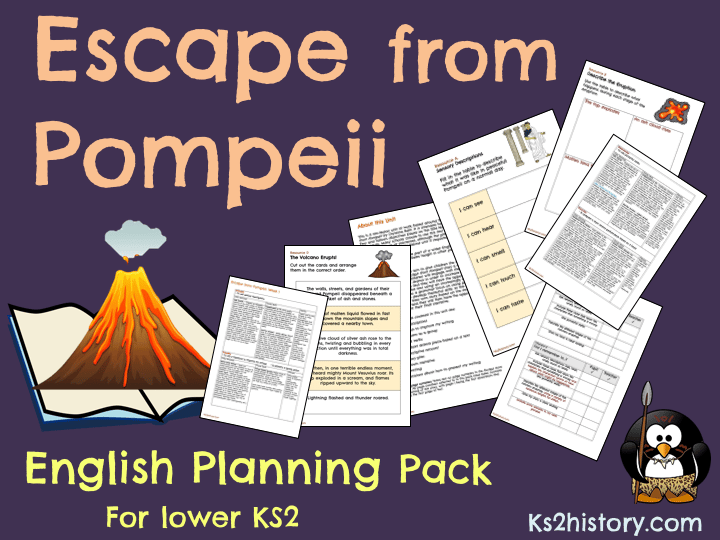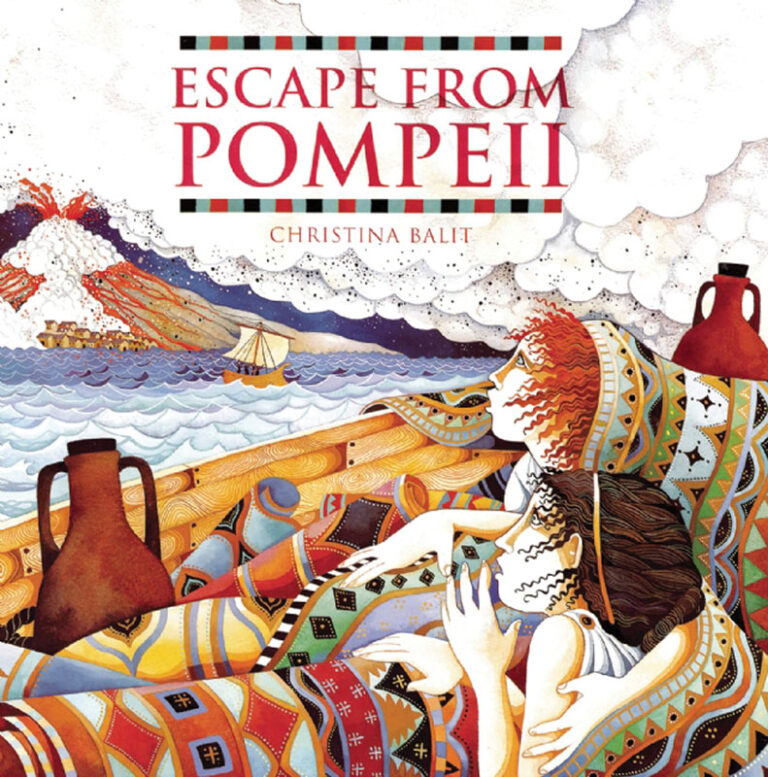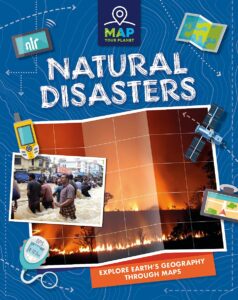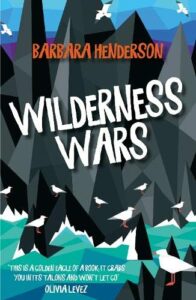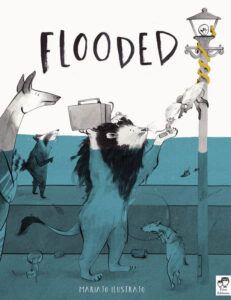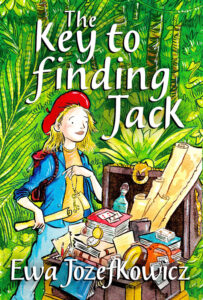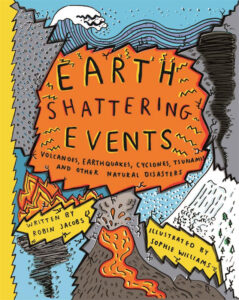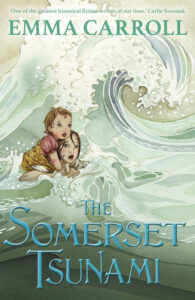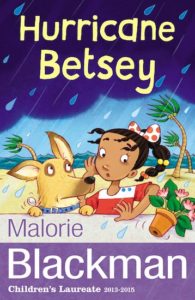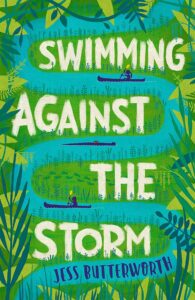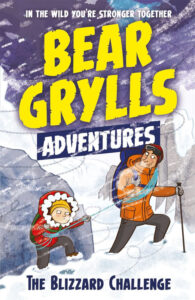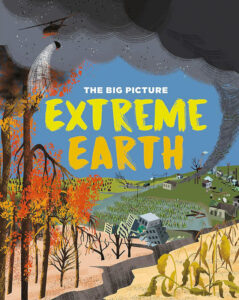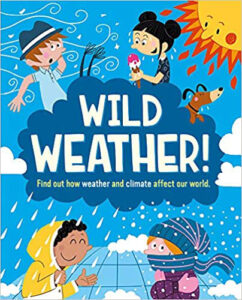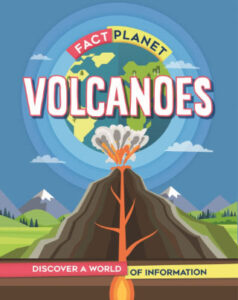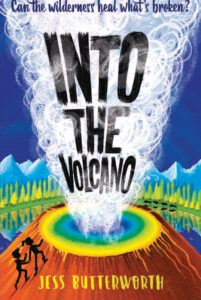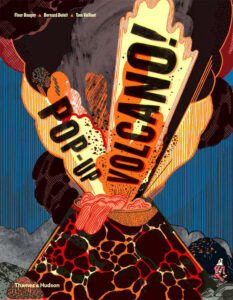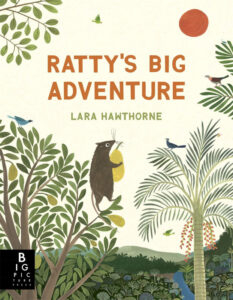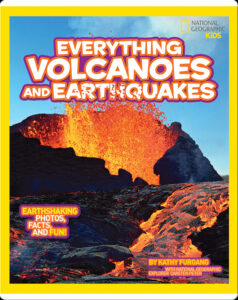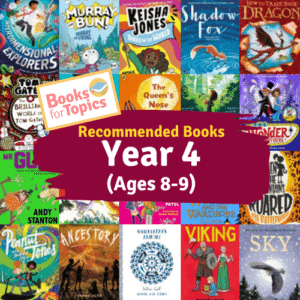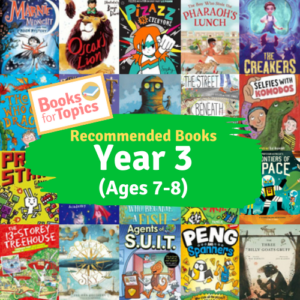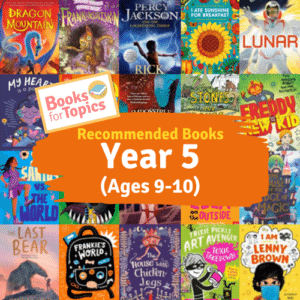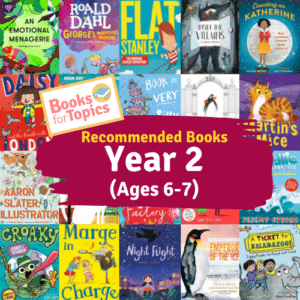Travel back in time to the days of the Roman Empire and join Tranio, the son of an actor, and his friend Livia, the baker’s daughter, in witnessing the eruption of Mount Vesuvius in AD79. Tranio, like most Roman boys, likes to watch whatever is going on: tradesmen selling their goods, ships unloading their exotic cargoes, politicians making speeches in the forum. But one hot August day a very different scene unfolds. The ground begins to shake, the sky to darken. People run gasping for air. Heading for the harbor, Tranio and his friend Livia hide on a boat and witness one of the most terrifying moments in recorded history-the eruption of Mount Vesuvius and the destruction of their beloved city, Pompeii.
Menu
- New Books
- Booklists by Topic
- History
- Ancient Civilizations: Shang, Sumer, Indus
- Ancient Egypt
- Ancient Greece
- Anglo-Saxons
- Black British History
- Black History, Black Lives & Anti-Racism
- Castles & Knights
- Crime & Punishment
- Fire of London
- Moon Landings
- Queen Elizabeth II
- Romans
- Stone Age to Iron Age
- Titanic
- The Maya
- The Middle Ages
- Tudors
- Victorians
- Vikings
- World Civilisations: Benin, Early Islamic Civilisations
- World War I
- World War II
- Geography
- Africa
- Awesome Planet Earth
- Environmental Sustainability
- Frozen Worlds
- Houses, Homes and Buildings
- India
- Mountains and Volcanoes
- Natural Disasters
- Oceans & Seas (KS2)
- Plastic Pollution
- Rainforests
- Rivers, Coasts and Water Cycles
- Rocks, Soils and Fossils
- Seaside
- Transport and Travel
- Under the Sea (KS1)
- United Kingdom
- USA
- Science, Maths & Computing
- Diversity & Inclusion
- Diverse & Inclusive Books for EYFS
- Diverse & Inclusive Books for KS1
- Diverse & Inclusive Books for Lower KS2
- Diverse & Inclusive Books for Upper KS2
- Black British History
- Black History, Black Lives & Anti-Racism
- Books With Minority Ethnic Characters
- Cultural Diversity
- Books Featuring Limb Difference
- Weather and Seasons
- Computing, Gaming & Coding
- Internet Safety
- Maths
- Literacy & Reading
- PSHE, Emotional Literacy & Citizenship
- Emotional Literacy & ELSA
- Anti-Bullying
- Mental Health
- Healthy Humans (KS2)
- All About Me
- Growth Mindset
- Environmental Sustainability
- Plastic Pollution
- Refugees & Immigration KS1
- Refugees & Immigration KS2
- Politics & Democracy
- Empathy
- Books About Friendship
- Bereavement & Loss
- Y6 Transition
- Class Transitions
- Starting School
- Back to School Picturebooks
- Internet Safety
- Books About Germs, Handwashing & Viruses
- Books About Kindness
- Inspirational Real Life Stories
- Arts & Sport
- EYFS Topics
- History
- Booklists by Age
- Reading for Pleasure
- Seasonal Booklists
- Resources
- Blog
- About Us
- Buy Our Books
- FAQs
- Contact Us
- Member Area







